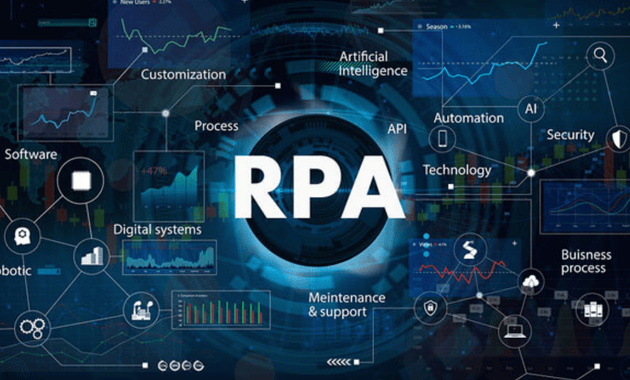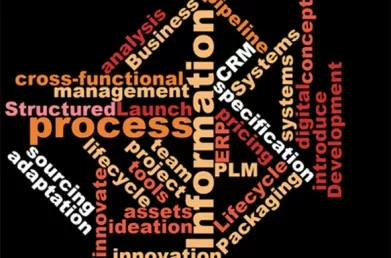ERP in Process Industries
Specialised and diverse functional requirements place significant demands on the ERP systems which support process industries and in many cases act as a barrier, preventing ERP vendors entering the process industry market for ERP systems. This barrier to entry is compounded by the fact that the process manufacturing sector is a relatively small market compared to markets such as discrete manufacturing, retail and professional services.
Process manufacturing is the branch of manufacturing that is associated with formulas and recipes, and can be contrasted with discrete manufacturing, which is concerned with bills of material and routings. The easiest way to understand the definition of process manufacturing is to recognise that, once an output is produced by a process, it cannot be converted back into its basic components. In other words, "once you put it together, you cannot take it apart".
Process manufacturing is common in the food, beverage, chemical, pharmaceutical, biotechnology, oil, metals, textiles, paper and printing industries. The differences between process and discrete manufacturing are more than just terminology; they are distinctly different manufacturing approaches.

In process industries, products are always produced in batches, the sizes of which can vary greatly. In some situations the plant is set up to continuously produce a single product. In other situations the plant is flexible, and can be set up to produce a campaign of one product before being changed over to produce a campaign of another product.
Process manufacturing can often involve co-products and by-products being produced as a consequence of producing the main product. Waste can also be produced which will need to be recycled or disposed of in an environmentally safe way.
In some process industries, for example meat and poultry processing, inverted bills of materials are used to represent how the carcass is broken down into the individual consumer products which you find on the supermarket shelf. Lot traceability and lot expiry are also key requirements in many process industries.
All of these specialised requirements place significant demands on the ERP systems which support process industries and in many cases act as a barrier, preventing ERP vendors entering the process industry market for ERP systems. This barrier to entry is compounded by the fact that the process manufacturing sector is a relatively small market compared to markets such as discrete manufacturing, retail and professional services.
The small size of the market reflects the small number of quality ERP software solutions available to process manufacturers, compared with discrete manufacturing, retail and professional services organisations, which have hundreds of software solutions, from entry level through to tier one.
In summary, the process manufacturing industry has four key issues which keep ERP vendors away from the market:
- It is a relatively small market compared to other industries.
- The unique requirements of the industry are such that discrete manufacturing software will not provide an adequate solution, even with customisations.
- It is a highly specialised industry, requiring specific skills and knowledge to develop viable solutions.
- Within process manufacturing there are many specialised vertical markets, so the ERP software needs to be broad as well as deep.
This blog was written by Frank Crewe, Principal Consultant at Lumenia. If you would like further information on ERP in Process Industries please send an e-mail to Frank Crewe.


